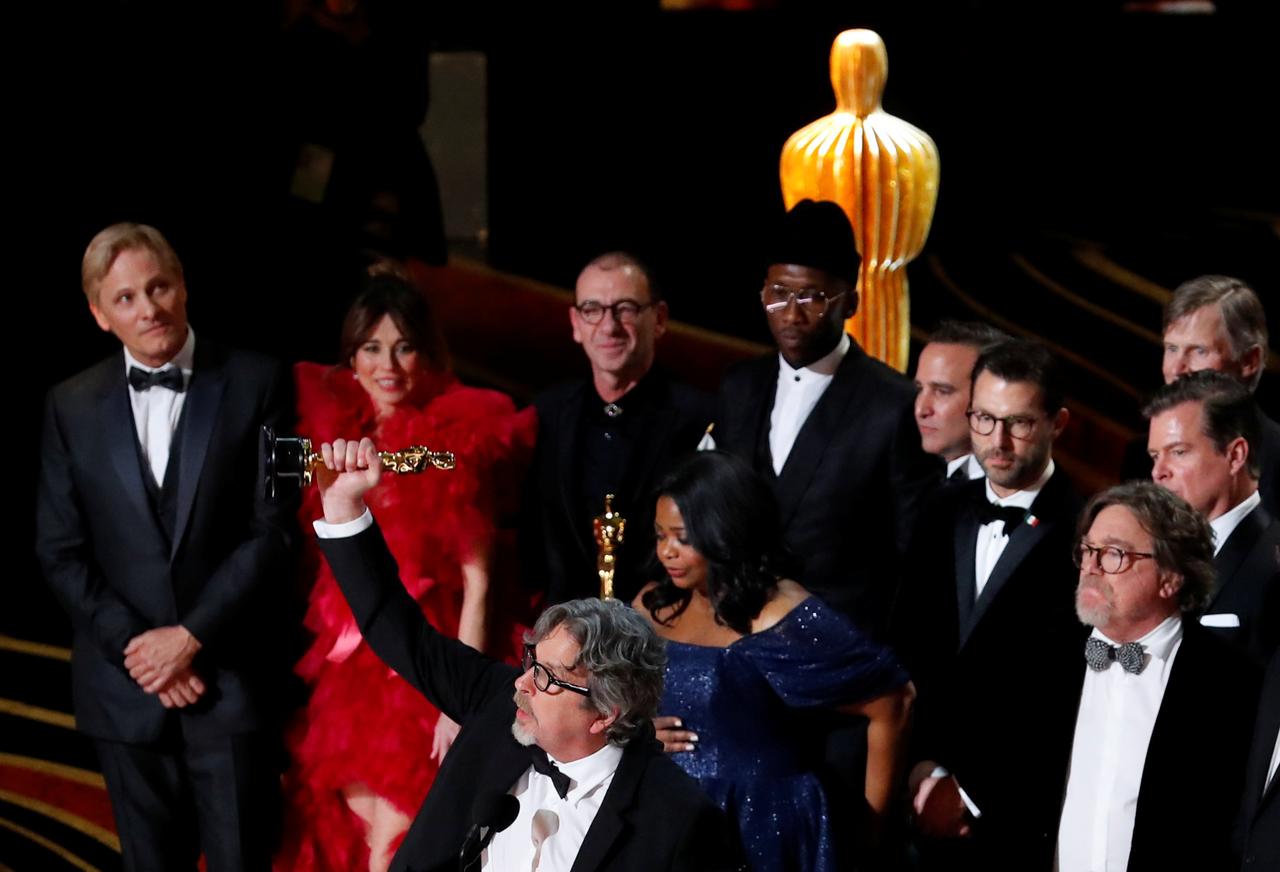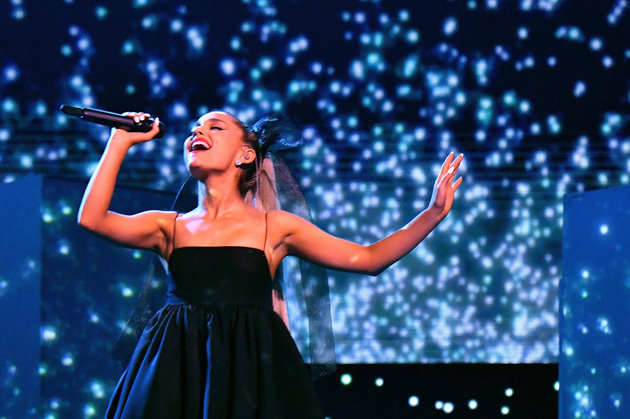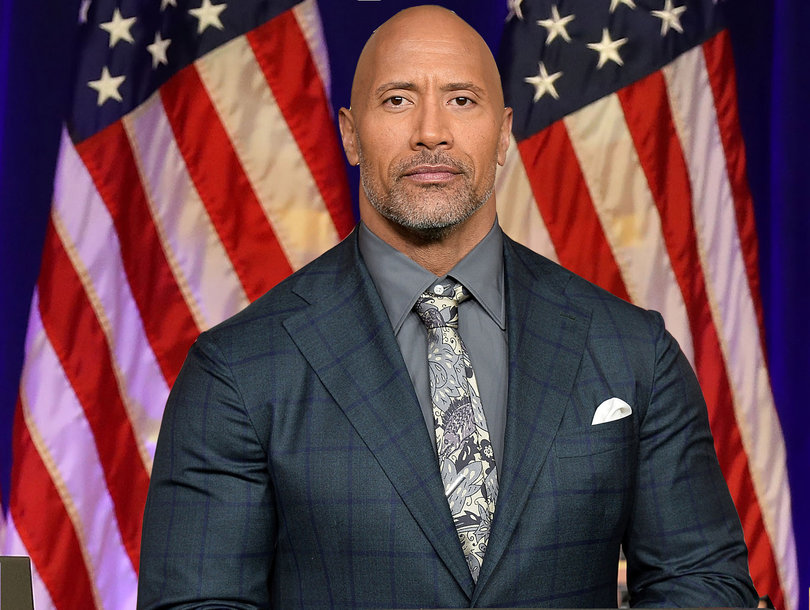Green Book raking Oscars is good news for China

Green Book controversially won the Academy for Best Picture in the 2019 Oscars, shocking heavyweight nominees like Bohemian Rhapsody, A Star Is Born. The win not only was a surprise but also raised doubts about the credibility of the Oscar jury despite being mired in controversy.

Green Book made $3.76 million on Friday and a whopping $6.9m on Saturday. These are pretty good numbers considering the fact that the Chinese viewership was previously thought to be interested only in big-budget mega-blockbusters and not a cost-effective, old-fashioned, 60’s “foreign” film.

It was a huge win for especially Alibaba Pictures, the Chinese production house under Jack Ma. So is this China’s way of exhibiting soft power over the heavily dominated western media?

It’s misleading for Chinese companies to tout Green Book’s Oscar win as the ‘starting point for a new period of growing influence for China in the international film industry.’ China has been consistently trying to influence the international film industry since about 2010. Green Book is the start of the SECOND wave of influence. The first wave was much more aggressive and focused on big US companies. Its aim was to invest in massive blockbusters with international appeal. That’s why the Chinese company Wanda bought Legendary entertainment and theater chain AMC.

The first wave of Chinese investment drew attention to itself and therefore wasn’t as effective as China hoped. For example, The Great Wall wasn’t a massive hit in the US. Additionally, it became a running joke that blockbusters would be partially set in China or feature Chinese supporting roles to pander to Chinese audiences. This second wave of Chinese investment is doing more unobtrusively. The aim is to integrate China into Hollywood.













